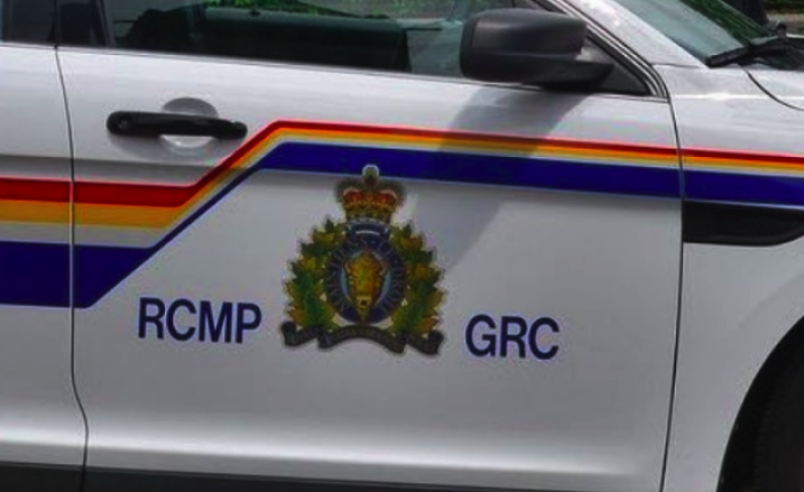One issue jumped out above all others at a recent RCMP public meeting for Amisk Lake reserve residents - drug use and the drug trade.
The meeting, held at the Peter Ballantyne Cree Nation (PBCN) band office in Denare Beach, was geared toward issues noticed by residents and members of the band.
Most of the meeting was spent discussing drug enforcement. Some members of the public shared information about drug use in the area and the impact of drugs on the community.
According to Creighton RCMP Sgt. Sean McPhee, the issue is not finding out who drug offenders are, it’s about finding credible information, including probable cause for searches and seizures.
“It’s not a secret where the drugs are,” he said.
“The [Canadian Charter of Rights and Freedoms] has provisions for unreasonable search and seizure and protection of your own property. We, as police, cannot just enter someone’s house without proper cause.”
One resident asked what would constitute probable cause. McPhee explained that hearsay and rumours are not enough.
“I can’t arrest somebody on a rumour. I can’t search a vehicle on a rumour,” he said.
“We’re not getting any information that is more than just a rumour. I can’t go into their vehicle any more than I can go into your vehicle. All the things that protect you also protect people doing illegal activities.”
Some people at the meeting discussed their own experiences with seeing drug abuse in Denare Beach, which was unanimously considered a problem in the community by attendees.
“Me and my son were driving into town yesterday and he asked me, ‘When is the zombie apocalypse going to start?’ I said, ‘Are you crazy? You watch too many videos and movies,’” said Vanessa Watson, a resident of the Amisk Lake reserve who attended the meeting.
“Then I came back down here, and I saw two people and I swear, they looked like zombies.”
Other attendee, Ethel McDermott, recalled having seen signs of drug abuse in homes on the reserve.
“I’ve picked up spoons where they’ve been burnt. It’s like, ‘Whoa!’ Do I want to come back in here again?” she said.
McPhee agreed, saying he had noticed drug use had played a major role in some crimes.
“I kind of miss the days when people were just drunk. At least you knew what alcohol was. I knew what the behaviour was going to be, I knew what outcomes were. But now, with so many drugs, there are so many different outcomes and reactions and what they do – the violence, the pain tolerance, the lack of ability to think. Alcohol was easy. You knew what to expect.”
A needle disposal box is located in the Amisk Lake reserve area, but attendees said the box was not well maintained. Another attendee mentioned finding a backpack full of syringes and needles not far from the drop box.
McPhee said a former member of the Creighton detachment had come to the area last year to pick up needles.
“He came and picked up some 400-odd needles or so from the ball field one day,” he said, adding, “That’s obscene.”
Cannabis legalization was also a topic of conversation at the meeting, with Watson asking whether McPhee thought there would be a spike in drug arrests after legalization.
“Do you think everything is going to get worse? With the drugs, they say it [cannabis] can be a gateway to higher, stronger drugs. It’s bad now,” she said.
McPhee said it was too early to tell, but added he felt the public had not been informed well enough about the roll-out of cannabis legalization, which is scheduled across Canada later this month.
“I don’t think the public really knows what is happening. I haven’t seen a really good public education campaign by the government in any way.”
When asked how cannabis would relate to impaired driving, McPhee said RCMP officers have had specialized training to determine whether drivers are stoned, adding that a buccal swab test will be used in a similar manner as a Breathalyzer to determine whether drivers have marijuana in their system.
“Here’s my advice – if you’re smoking weed, don’t drive your vehicle. If you think that liquor on the breath is easy to spot, marijuana, on you, is a lot easier to pick up,” he said.
“It reeks. If you think you’re going to get by and have us not know...no.”
For other crimes, McPhee said property crimes, such as break-and-enters, were trending downward across the detachment’s jurisdiction, including at Amisk Lake. However, he did say officers had found more
McPhee added that Creighton RCMP night patrols end up spending ”the vast majority of our nights” in Denare Beach and emphasized that the number of habitual offenders in the community is small and they are known to police.
“The people who were have chronically doing all the damage to the community, be it fighting, be it trafficking weapons or drugs, we do target them, we can put them on curfews and we can monitor that curfew nightly,” he said.
“That’s the way it always is. The vast majority of people, anywhere here, it’s always the same people who ruin it for everybody. Our detachment, and every detachment in Canada, is there to manage certain people.”




